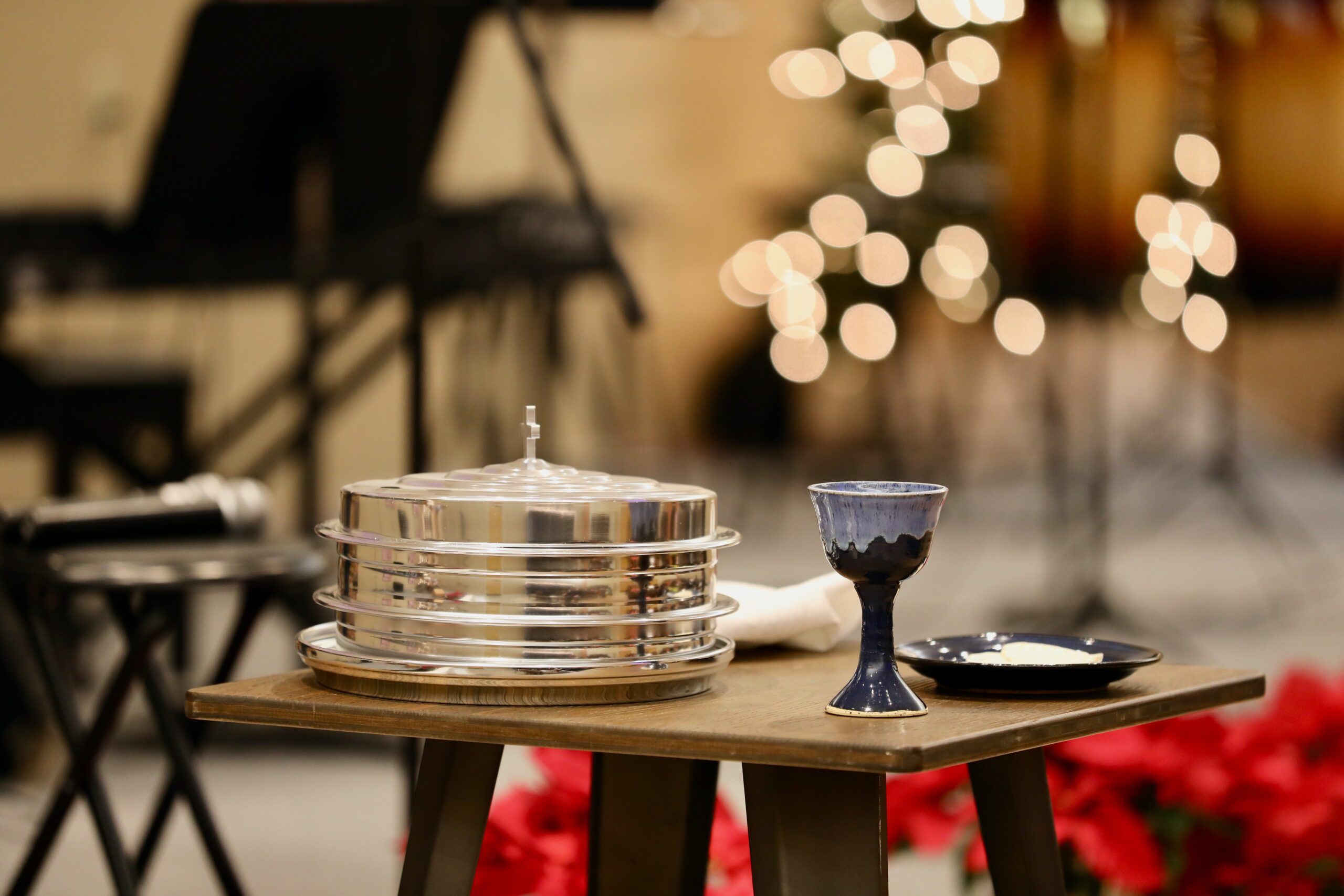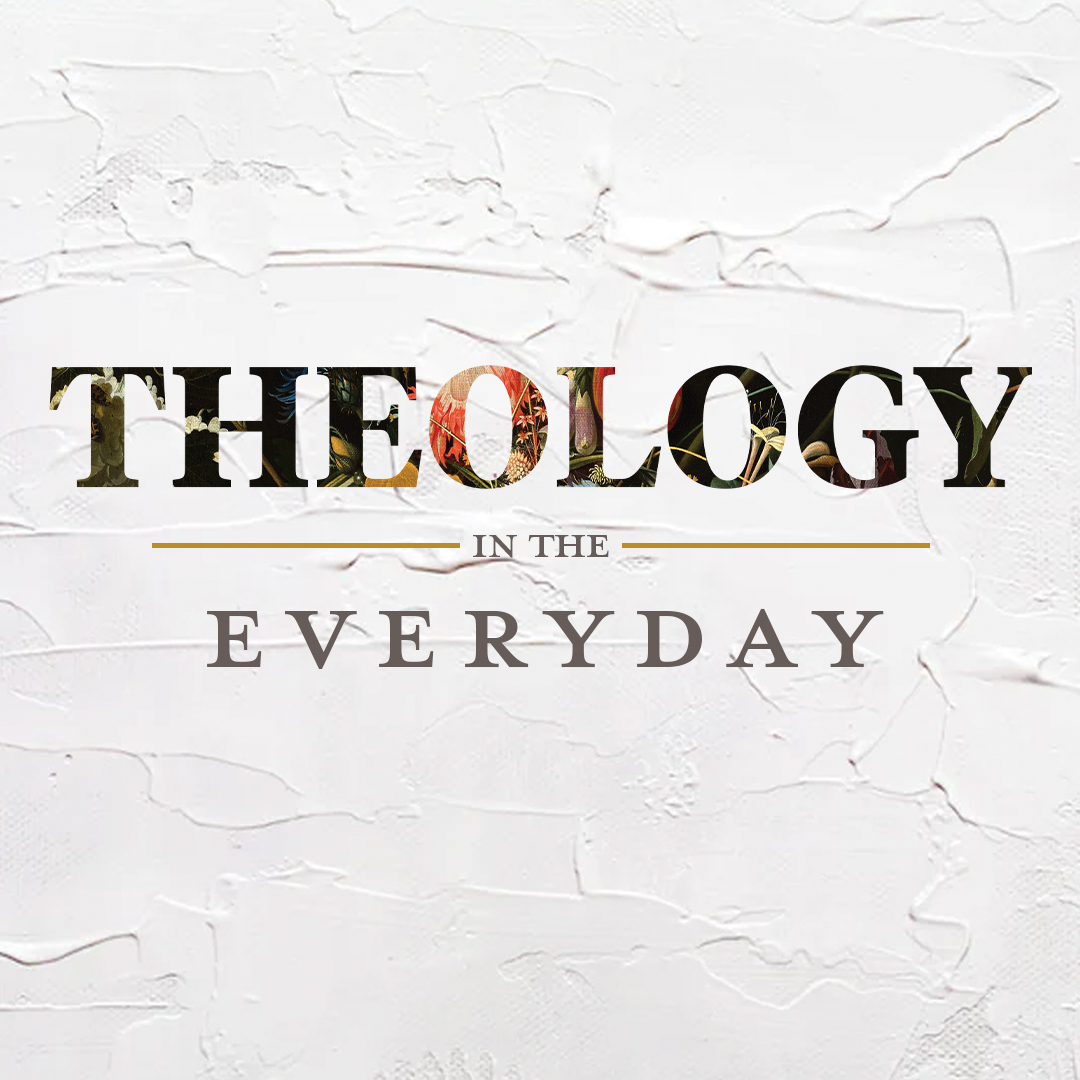

Editor’s Note: The Theology in the Everyday series seeks to introduce and explain theological concepts in 500 words or less, with a 200-word section helping explain the doctrine to kids. At For The Church, we believe that theology should not be designated to the academy alone but lived out by faith in everyday life. We hope this series will present theology in such a way as to make it enjoyable, connecting theological ideas to everyday experience and encouraging believers to study theology for the glory of God and the good of the Church. This week, the ordinary means of grace.
The Christian life is supernatural, but it is not always sensational. God’s work is amazing, but it is not always immediate. In fact, God often chooses “what is weak in the world to shame the strong” (1 Cor 1:27) and provides the “treasure” of the Gospel “in jars of clay, to show that the surpassing power belongs to God and not to us” (2 Cor 1:7). That is why many Christians throughout the ages and around the world have cherished what are called the ‘ordinary means of grace.’
What are the ordinary means of grace? They are the outward practices God has prescribed by which He promises His nourishing presence to His people when they participate by faith. Put more simply, the ordinary means of grace are God’s prescribed proclamations of the Gospel, and they include Word (preaching, teaching, and evangelism), water (baptism), and table (the Lord’s Supper).[1]
These are means of grace, which comes from God alone and must be received by faith (Eph 2:8–9). So, we should not think of Word, water, or table as magical practices that work in us automatically or work equally to all every time.[2] There are many who hear the Gospel preached but do not believe (2 Cor 3:3). There are some who undergo ‘baptism’ without having been truly transformed (and thus do not receive any spiritually benefit from their ‘baptism’; 1 John 2:19; cf. 1 Pet 3:21), and there are some who are never baptized and yet are redeemed (Lk 23:42–43). There are certainly times God’s people partake of the Lord’s Supper and yet do not benefit from it spiritually because of a lack of faith or faithful living (1 Cor 11:29).
However, these are nevertheless God’s means of grace, and He has ordained that we use these ordinary (outward, tangible, and often very simple) elements: words, water, bread, and cup (Rom 10:13–15; Matt 28:19; Luke 22:19–20). So, we should not brush aside these practices, expecting that God will only work in us mystically and immediately (without mediation). We need God’s natural creation (including our brothers and sisters in Christ) to partake of His supernatural grace; that’s how He designed it and us (cf. 1 Tim 4:4–5).
How do these ordinary means of grace actually benefit us when we participate in them by faith? In them, by the proclamation of the Gospel and the power of the Spirit, we confess our weakness and cultivate our confidence. We confess our weakness: we all speak with a stammer, we all drowned in the waters, and we are all beggars at God’s table. Yet God saves through imperfect messengers, raises us to new life in Christ, and feasts with us. So we cultivate our confidence in God through His ordinary means—not skill, spectacle, fad, or funds—to nourish us and our churches. Having begun by the Spirit, we are being perfected by the Spirit (Gal 3:3) as we proclaim the Gospel of God’s Son through His ordained means.
For the Kids:
When you or your parents go to a church service, there will be some unusual events! They may look ordinary, but they may sound a little strange. You will see someone preach, which is a little like a school lesson. But you will hear him talk as if Jesus told him what to tell you! You may see people baptized, which is where they get dunked in water and brought back up again. But you may hear someone say they died with Jesus and are walking with Him now! You may see people take the Lord’s Supper, which is when they eat a piece of bread and drink from a cup together. But you will hear them talk about Jesus’s body and blood and the day He comes again! When you see a package wrapped up that says “to: you” and “from: dad,” you know it is a gift. All of these church practices look ordinary, but God says they are His special gift. So, when you see Christians preach, baptize, or take the Lord’s Supper, and you hear them talking about Jesus in it, God is calling you to trust Jesus for forgiveness and new life—His special gift.
–
[1] 2 Tim 2:15–17; Col 2:11–14; Matt 26:26–29. Though Roman Catholics traditionally list seven ‘sacraments’ and many more ‘holy’ objects (‘sacramentalia’), Protestants have generally viewed these three as God’s ordinary means of grace. Though some have listed prayer alongside these three, it is better to think of prayer as the natural response of the Christian to God’s means of grace, overflowing from faith. Of course, there are many other vital elements of Christian obedience that flow from our faith, like fellowship, generosity, service, confession, etc. Though there are other important aspects of these three practices to consider (like the nature of Christ’s presence in the Lord’s Supper or the proper mode of baptism, for example), when we talk about them as ‘ordinary means of grace,’ we are talking about their priority for a life and ministry that is confident in Christ.
[2] For a longer discussion of the errors of either a ‘magical’ or a ‘mystical’ view of the ordinary means of grace, see Herman Bavinck, Reformed Dogmatics, Vol. 4: Holy Spirit, Church, and New Creation, edited by John Bolt, translated by John Vried (Baker, 2008), 441–5.

